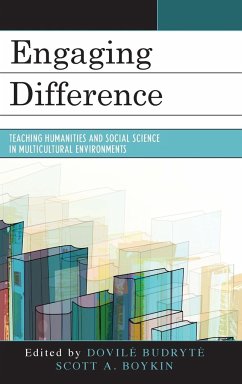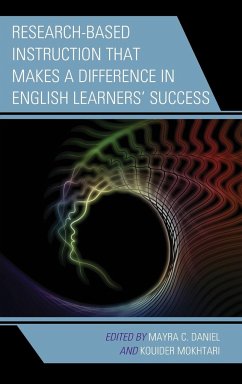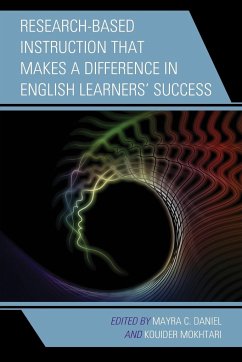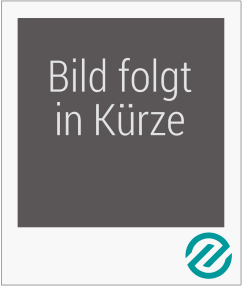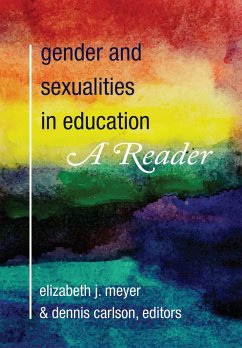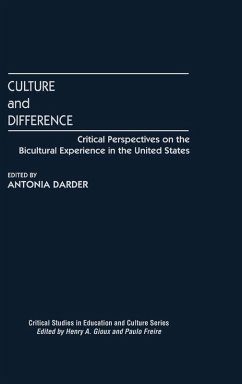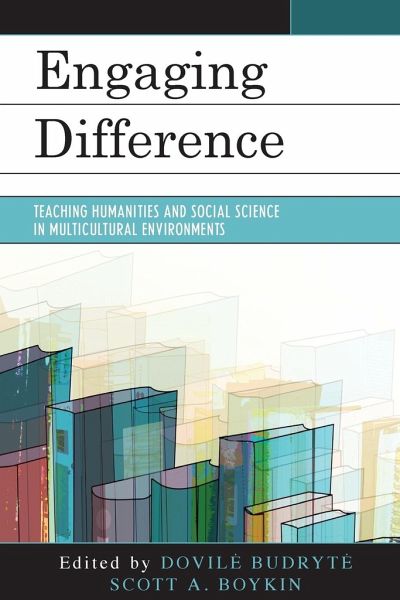
Engaging Difference
Teaching Humanities and Social Science in Multicultural Environments
Herausgeber: Budryte, Dovile; Boykin, Scott
Versandkostenfrei!
Versandfertig in 1-2 Wochen
30,99 €
inkl. MwSt.

PAYBACK Punkte
15 °P sammeln!
Engaging Difference discusses how to develop strategies to engage difference that work for both students and professors in multicultural classrooms. The contributions to this volume discuss specific pedagogical techniques and the ways in which these have been applied in the classroom and in related educational activities.





